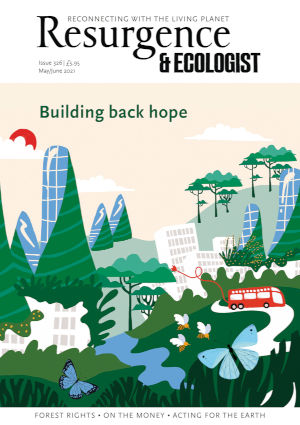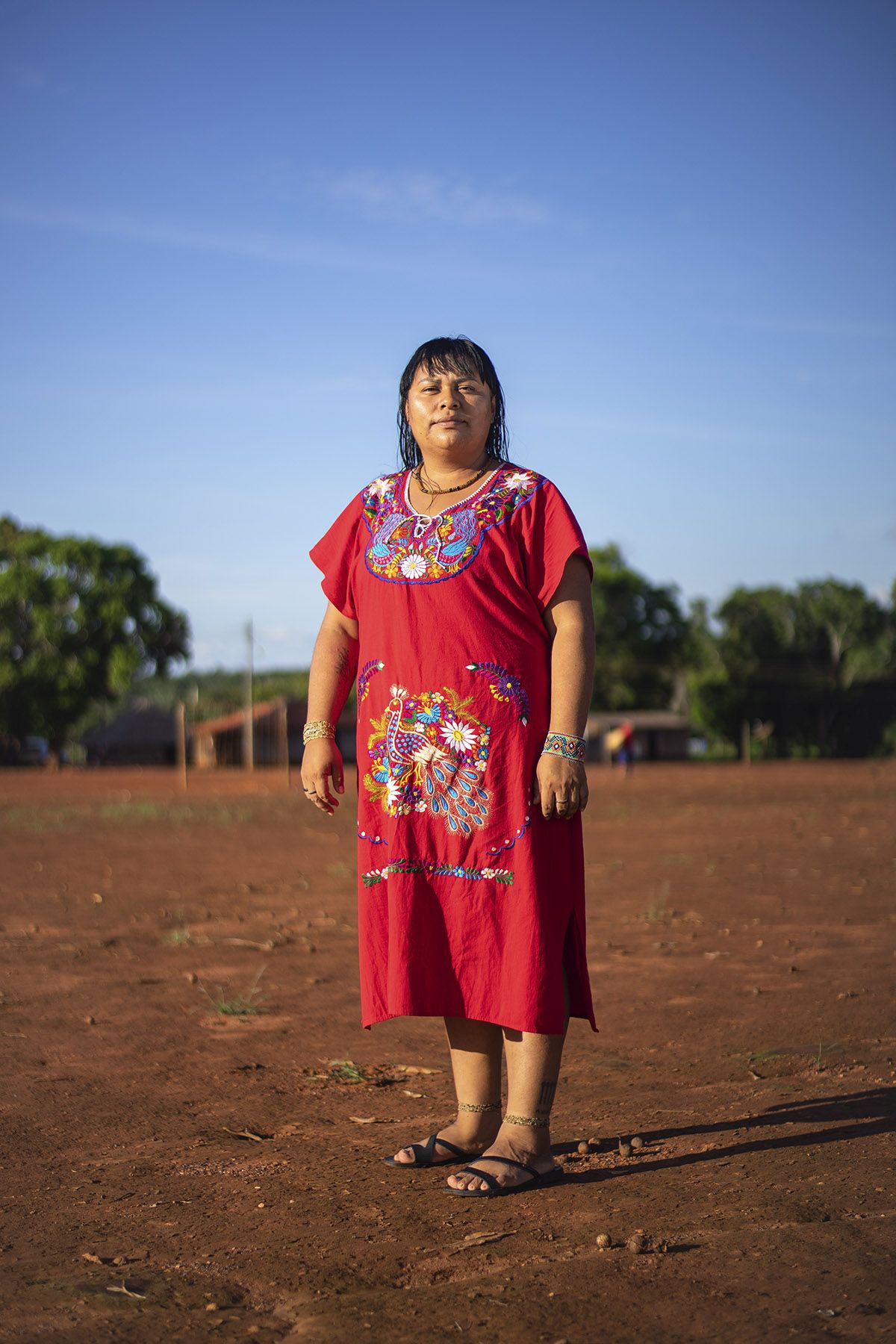When the colonists arrived in this territory today called Brazil, the first violations we suffered were against the Indigenous women of those times. To heal, we need to remember that if we are here today it is because many women and girls were raped.
It is like religious leader Chico Xavier said: “We cannot change the past, but we can change the future, starting with our actions now.” In Brazilian society in general, when we speak about the history of Brazil, people want to hide all the negative parts. For example, they don’t want to talk about slavery. Why talk about slavery? The violence that enslaved people went through is an ugly part of our history. They don’t want to talk about the rapes that Indigenous women went through and still go through, even today. So my point of view is that there is a denialism of our history of violence and aggression within the history of Brazil.
To change Brazil is to accept this history. We need to accept it, and then we can change.
We cannot change our past of colonisation, but – who knows? – maybe we can try to do something better and lessen this process of violence and violations against Indigenous peoples.
The climate crisis is another form of colonisation.
It is not produced within our territories. It is produced in large urban centres. Through polluting the air, these large urban centres end up impacting the water in our territories. Those who live in these urban centres need to realise and understand that we Indigenous peoples are not against development, but they must respect our concept of what this means.
What is development? That is an academic question. When people talk about development, the first thing that comes to mind is often the Stockholm conference [the 1972 United Nations Conference on the Human Environment, in Sweden]. That is where the discussions about the nature of development started. There in Stockholm they spoke about pesticides and agrotoxins. They said the answer is the social, the economic and the environmental. They said that is the balance of development.
At the United Nations Conference on Sustainable Development [Rio+20], which I also participated in, they said: “Brazil needs more and more development.” But development of what? Based on what? What type of development is that? Usually when development is spoken of as sustainable development, it is not in a way that balances the environment and society. In my opinion, it is just looking from an economic point of view. Because of this there are many consequences for Indigenous people as well as riverside communities. For example, “We need more development, so let’s build a hydroelectric dam.” Will the people living there be consulted? Will Indigenous people be considered? This mindset is taking into account only the economic aspect and not the social and cultural parts of Indigenous people and the environment.
So, what is this development in the eyes of Indigenous people?
I conducted some research at the Rio conference. I asked Indigenous people – men, women, young people and older people – what they thought of this idea of sustainable development. Despite the huge diversity among all the Indigenous peoples, no one linked sustainable development with the economy. Their perception was always cultural, social, spiritual, food-related and environmental. None of them focused on the economy.
For me, development means ensuring a protected territory, a territory that can bear our livelihood. A territory that has clean waters. A territory that has game and fish. A territory with standing forests. We sustain and try to protect our territories, but not only for ourselves. For every human being, every living creature, animal or not, needs water and clean air to live and survive.







